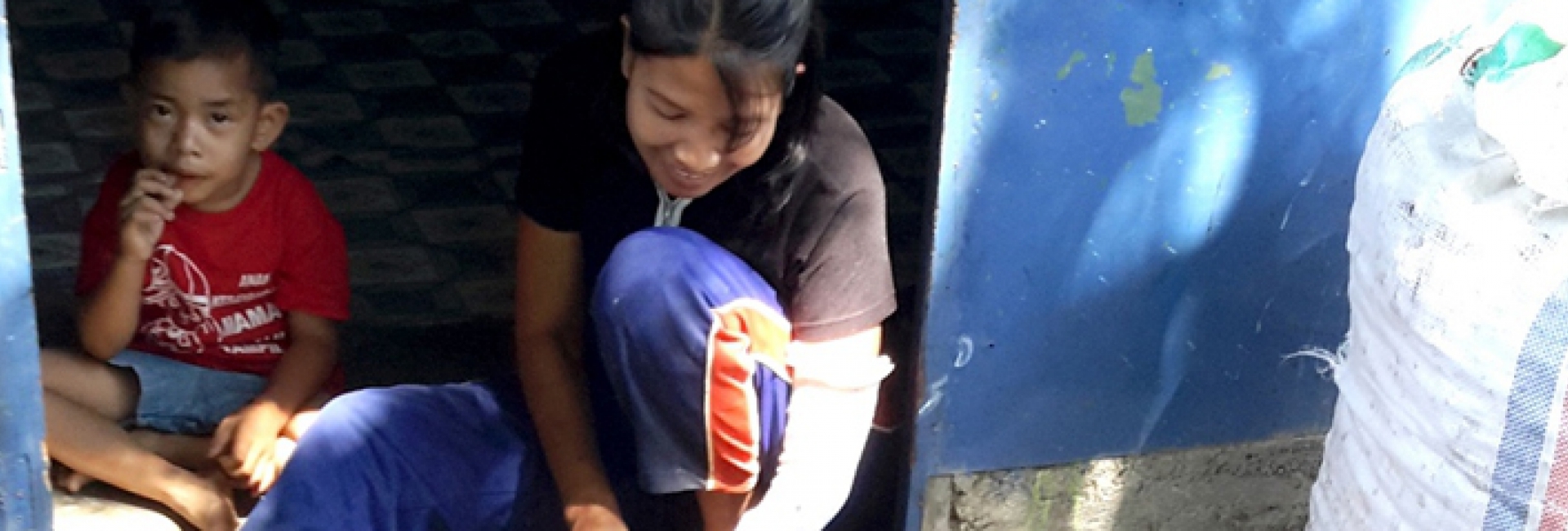This research is a part of a four-year longitudinal study from 2014–2020 which aims to analyze the impact of the fixed fuel subsidy policy on the livelihood of poor women, particularly on the livelihood aspects that are the working themes of MAMPU. By studying the livelihood of poor women in five kabupaten (districts) in Indonesia (Deli Serdang, Cilacap, Timor Tengah Selatan, Kubu Raya, and Pangkajene dan Kepulauan), this research has obtained a profound understanding on the impact of the change in the fuel subsidy policy on the dynamics of women’s livelihood, with regard to MAMPU’s livelihood themes. As a national-scale shock, the change in the fuel subsidy policy has an impact on all the study areas but with different intensity levels, considering that several study areas have other sources of shock that make a greater impact on the livelihood of the poor community. There is an indication that the impact of the shock on men and women differs, where women’s participation in employment increases as an implication of the disturbance to the maledominated livelihoods. Male-headed families (MHFs) use risk management strategies in larger quantity compared to female-headed families (FHFs). This indicates the difference in capacity and characteristics between FHFs and MHFs, which in turn affects the process of making decisions on the number of risk management strategies employed. Nevertheless, this study does not find any significant difference in the access of FHFs and MHFs to the 2014 Social Protection Program (PPS 2014) package. With regard to the programs’ impacts, the study finds that PPS 2014 has minimal impact on women’s livelihood indicators.



